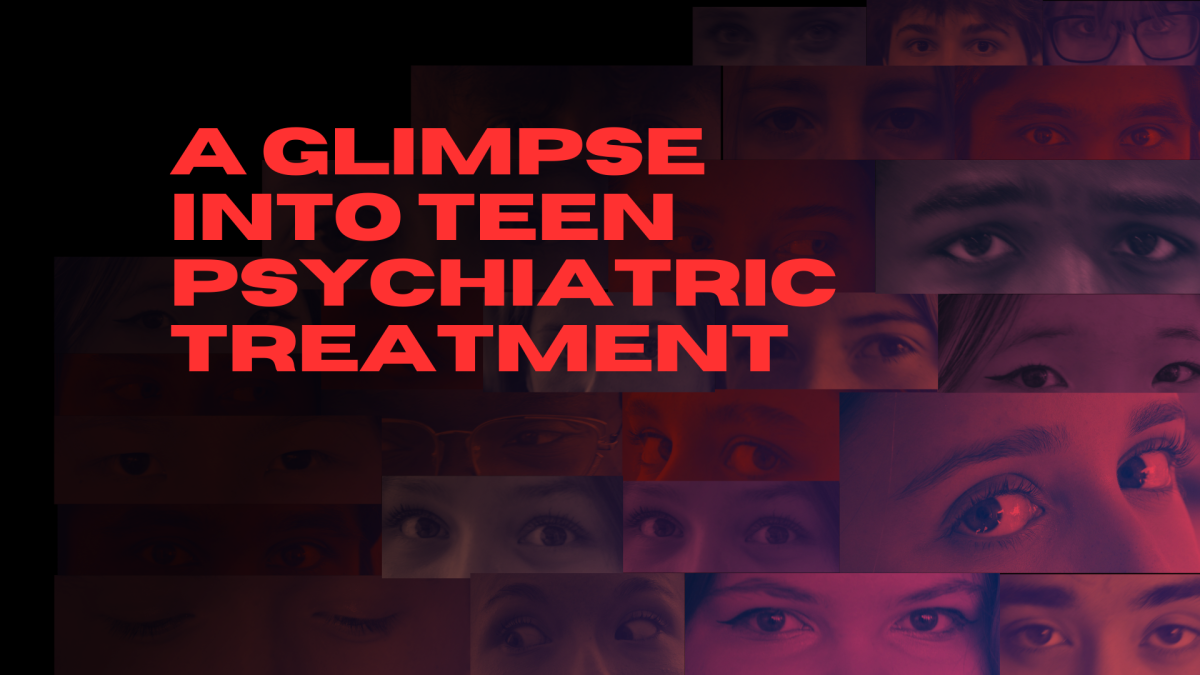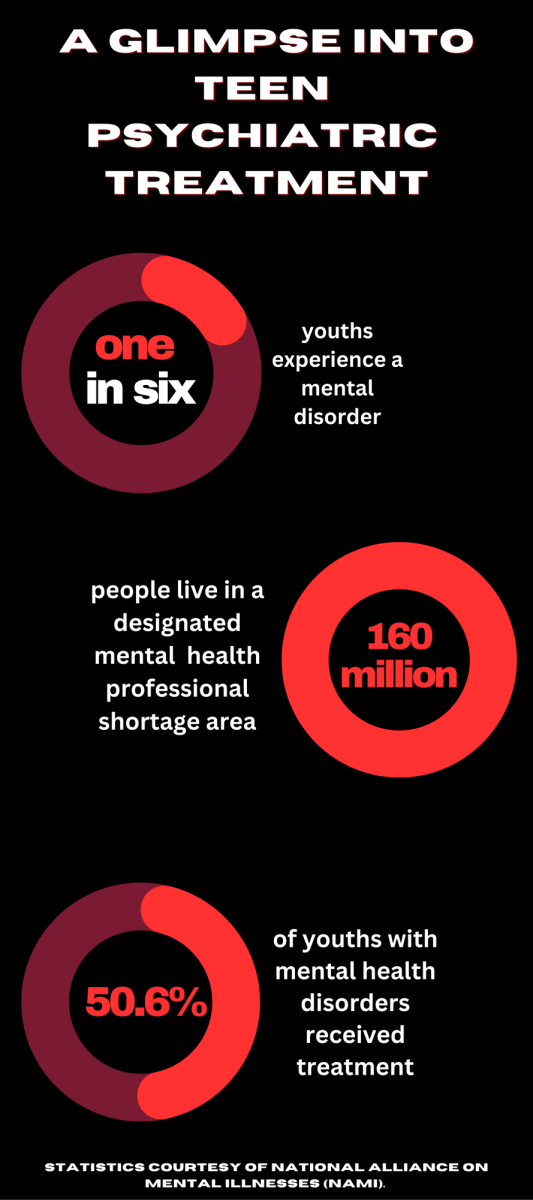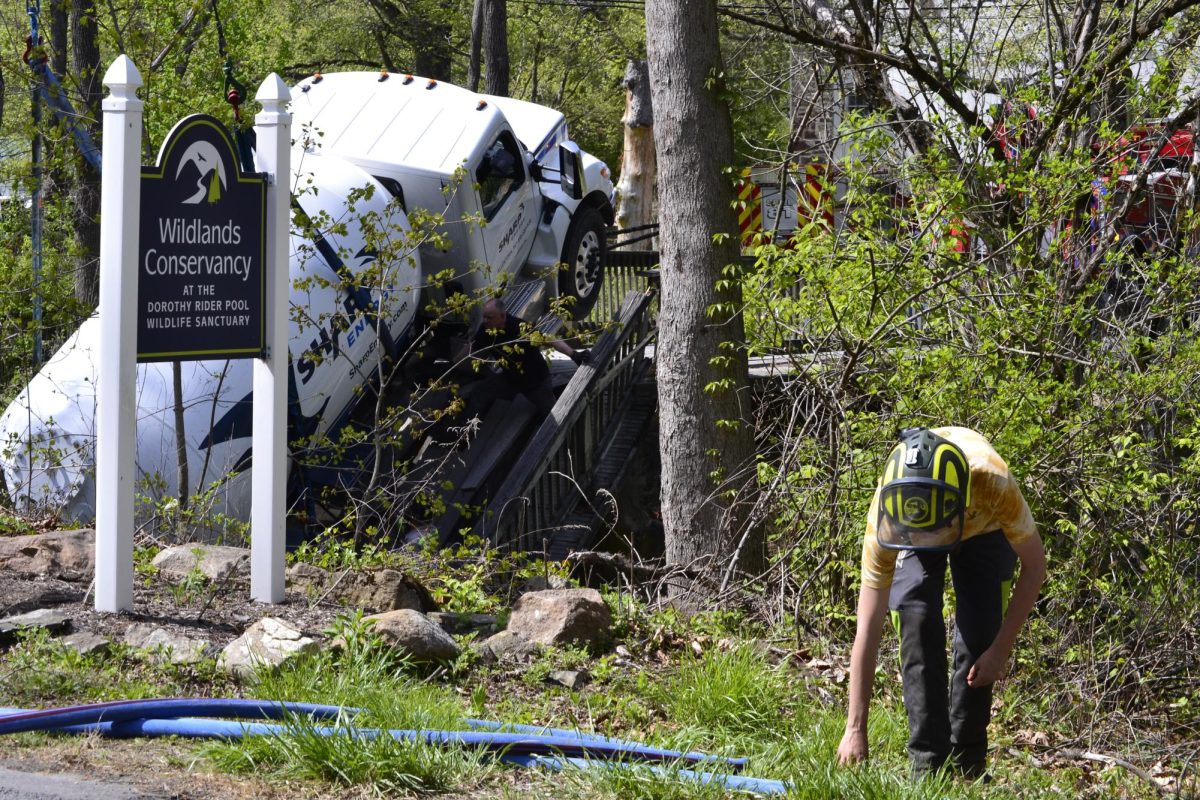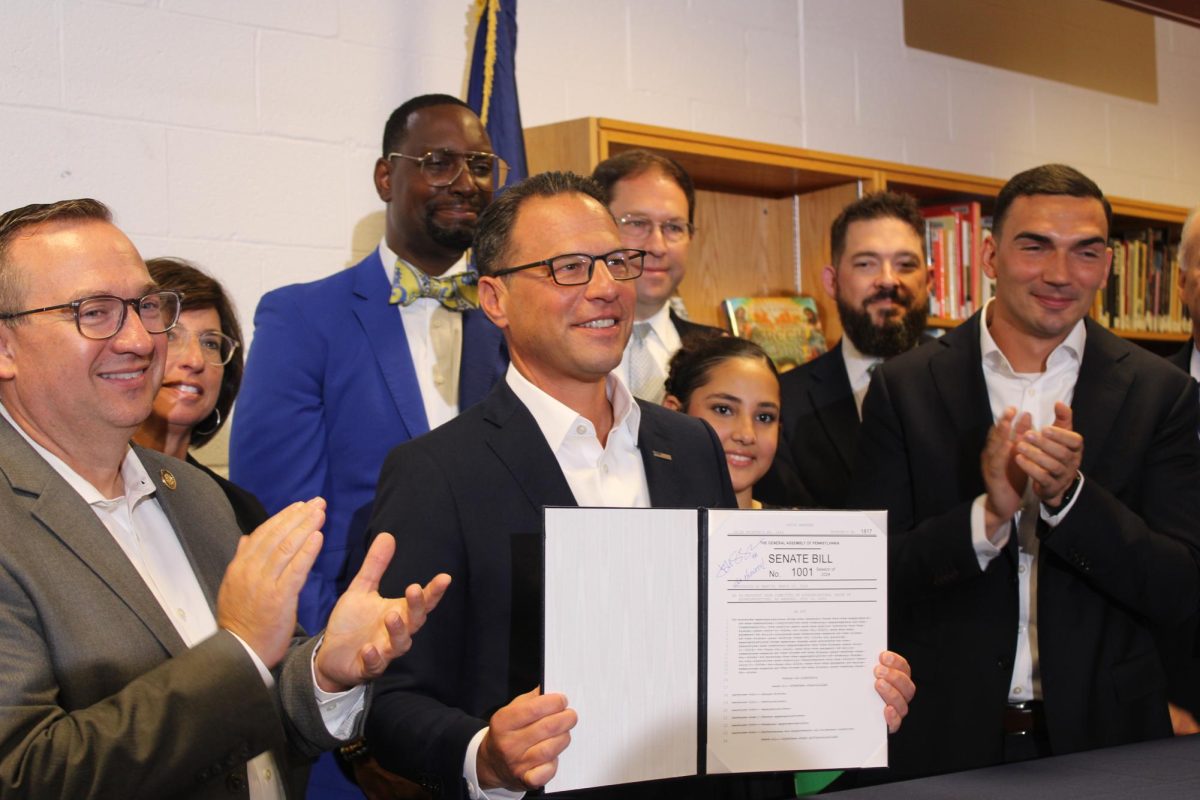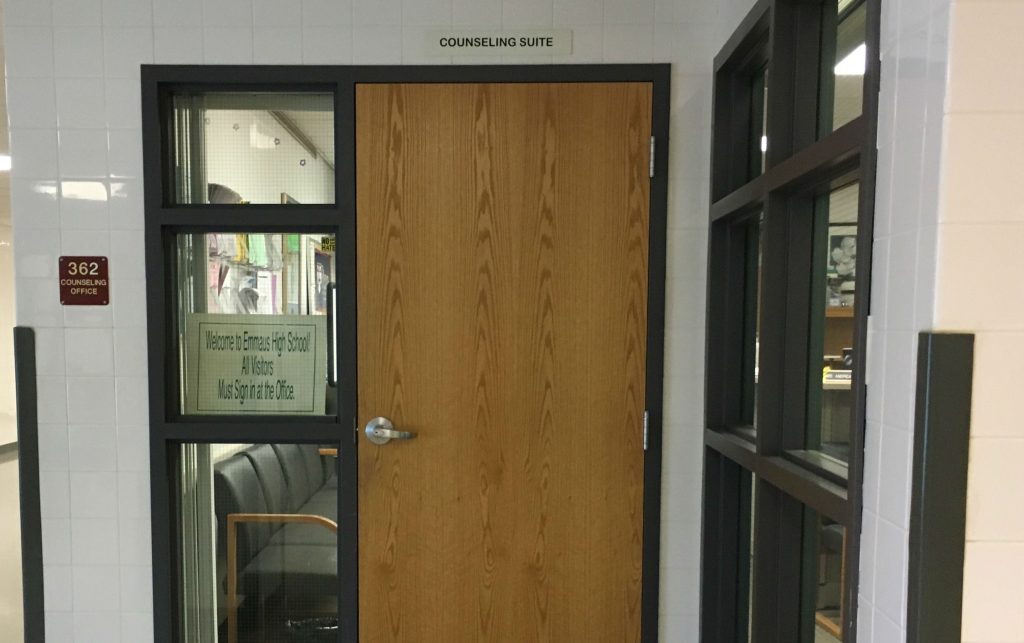Tossing and turning. Scrolling through social media. Cramming for that 100-point geometry test. Finishing (or sometimes starting) your essay due the next day.
What do all of these activities have in common? They keep students from obtaining those precious eight to ten hours of sleep each night.
Senior Jason Bowen, who sleeps for about four to five hours each school night, faces this problem often. He stays up until 1:30 nearly every night for a variety of reasons ranging from homework to Netflix. With hours of school work, rehearsals and club meetings nightly, Bowen has trouble fitting sleep into his busy schedule.
“I’m involved in eight or nine different clubs this year, and I’m also one of the leads in the show, so I’m here until 5:30 every day for that,” Bowen said. “If I don’t have rehearsal [for the show], I have rehearsal for select choir or some other club. I’m always here for something.
“Usually I get home at 5:30 and I take a nap until 6:00. And then I have to eat dinner and do dishes until seven. And then I usually take 10 minutes to sit, so I usually get my homework started at 7:15 or 7:30,” Bowen said. “But I never really just sit down and do my homework because I can’t. I like do my homework while I’m on my phone, so it goes a lot slower than it probably should.”
Bowen isn’t the only Emmaus High School student struggling to find time for sleep. In a Twitter poll of nearly 200 students, one-third said they receive between four and six hours of sleep on an average school night. Another 55 percent said they get six to eight hours of sleep each school night, while only seven percent say they sleep for more than eight hours on a school night.
Students stay awake into the late hours of the night for a number of reasons.
Oftentimes, freshman Giovanni D’Alessandro finishes his homework in study halls but receives between five to six hours of sleep on school nights because he stays up “watching videos on YouTube or just trying to sleep.
“I can go to bed early, it’s just kind of a choice,” D’Alessandro said.
Even though junior Tori Talarico gets to bed at 10, she sleeps for about six hours each school night because she wakes up at 4 a.m. to start homework before heading to school. This routine has worked well for her so far.
“I work best under pressure,” Talarico said. “I, like, work really fast. It just kind of works out for me.”
In her health class, teacher Jeannine Martini notices students’ lack of sleep.
“We talk about [sleep] as one of six things in improving quality of life,” Martini said. “During our first unit we talk, and we ask about how many of them get 8 to 10 hours of sleep, which is what’s recommended for your age, and I’d say maybe two or three hands go up in a class of about 27.”
Sleep deprivation can cause issues for students in all aspects of their lives.
“If they are letting their hours on social media or doing schoolwork or things like that get in the way of them getting actual quality sleep then they are going to be less alert on the roads, in the classroom, on the fields,” Martini said.
English teacher Aaron Gavin agrees with Martini, and believes that sleep is more important than people make it out to be.
“I think that [sleep] probably just affects [students’] lives in general,” Gavin said. “We don’t talk about it because it is such a natural part of our lives, but sleep is necessary to make our life work. I don’t think it probably just affects your school work, it adds extra stress to everything [students are] trying to do.”
“We don’t talk about it because it is such a natural part of our lives, but sleep is necessary to make our life work.
– English teacher Aaron Gavin
Start School Later, a national movement based in Maryland, pushes for schools to open their doors later, allowing students to sleep longer. Students, teachers, doctors and parents who understand the consequences of sleep deprivation on teens become members of the movement. Among these volunteers is administrative director Melissa Stanton, who joined the cause after witnessing the repercussions sleep deprivation had on her son.
“In my own house, my son would get home from school maybe at 3:30,” Stanton said, “and think that he would be able to get his homework done right after sports and activities, but he was so exhausted that he would fall asleep while doing his homework.”
Senior Drew Schwindenhammer finds it difficult to stay focused during the school day on his regular six hours of sleep.
“I’m a lot more tired, and I sleep in a few of my classes,” Schwindenhammer said.
D’Alessandro also has a hard time paying attention at the beginning of the school day.
“When I come to school, after first or second period I usually get more energy,” D’Alessandro said. “But if I did go to bed earlier it would probably put an effect on how I focused in class.”
To avoid the negative effects of sleep deprivation, Martini helps some students form a plan to get more rest.
“We just did our health behavior goal and there are a bunch of students that took into consideration that they weren’t getting 8-10 hours so they set up plans for themselves that 10:00 would be their time to get to bed by,” Martini said. “Then they made sure they took the steps to make sure they got their schoolwork was done after school rather than procrastinating and waiting until 9:55 to start it.”
Gavin thinks most students participate in more classes, clubs and activities than they can handle. In order to lead happier and healthier lives, he says students must learn to “prioritize” sleep and other activities in their daily schedules.
“Figure out what are those things that are good for me in both my short and long term life,” Gavin said, “and realize that though today we have a lot of opportunities to do a lot of cool things, no person can do all of those cool things. And you have to think about what’s necessary, what’s going to make my life enjoyable, what’s going to make my life rewarding.”
In order to save time for students who understand the class material, Bowen suggests that teachers make homework optional.
“If you’re doing well in a class and you understand what you’re doing in class, you shouldn’t have to do homework because it is pretty repetitive,” Bowen said. “If you need the help, you’ll do the homework to get a better grade. I don’t think forcing students to do the homework benefits them in the long run.”
Proponents of the Start School Later movement recognize the positive impact sleep can have on students.
“It’s better for the students,” Stanton said “There have been reports, studies, and data showing that attendance is better, and graduation rates are better and academic achievement is better when school starts later in the morning.”
While Martini supports the idea of delaying high school start times, she doubts the change will ever take effect in East Penn.
“It would be great if we were starting school later,” Martini said. “They look at studies and it’s been talked about numerous times in articles about how teenage brains are not exactly at [their] full alertness until later versus elementary students who tend to be alert earlier in the day and switching the schedules as far as start times. So the studies are there but I don’t know of any districts, not around here anyways, that have put that in place.”
Schwindenhammer believes pushing back the school start time would have a positive impact on his academic performance.
“I think if we started school at 9 o’clock, we would get a lot more rest,” Schwindenhammer said. “And the school day would go a lot easier…I would have a lot more energy throughout the day.”
D’Alessandro would rather start the school day earlier, so he can find time for other activities after school.
“I kind of like [the schedule] how it is because you just get school out of the way,” D’Alessandro said. “And if you were to have [school start] later, then you’d have to get it done and the day would be over.”
Some critics claim that starting school later would be counteractive because students would push back the times they go to sleep. However, Stanton states that starting school later would allow students to have the amount of sleep they need.
“People assume that if you start school later in the morning, that kids are just going to stay up later,” Stanton said. “The reality is that right now schools are starting at 7:30 in the morning. High schoolers not only need to be in bed by 8:30 or 9:00, but asleep in order to get the eight to 10 hours of sleep they need. However, the brain and body rhythms don’t work that way. So even if they get in bed by 9, and their phone is nowhere nearby, they are likely not falling asleep until 11.”
However, Bowen claims he typically does not feel these consequences because he has learned how to make it through the day on several hours of sleep.
“To some extent if I ever pull an all-nighter then the next day is pretty bad,” Bowen said, “but for the most part I think I’m pretty well adjusted to the little amount of sleep because then I just sleep a lot on the weekend if I don’t have work. So it balances out, so I tend to be alright with my sleep schedule.”
Header photo courtesy of fullhdpictures.com, edited by Cathryn Seibert.



